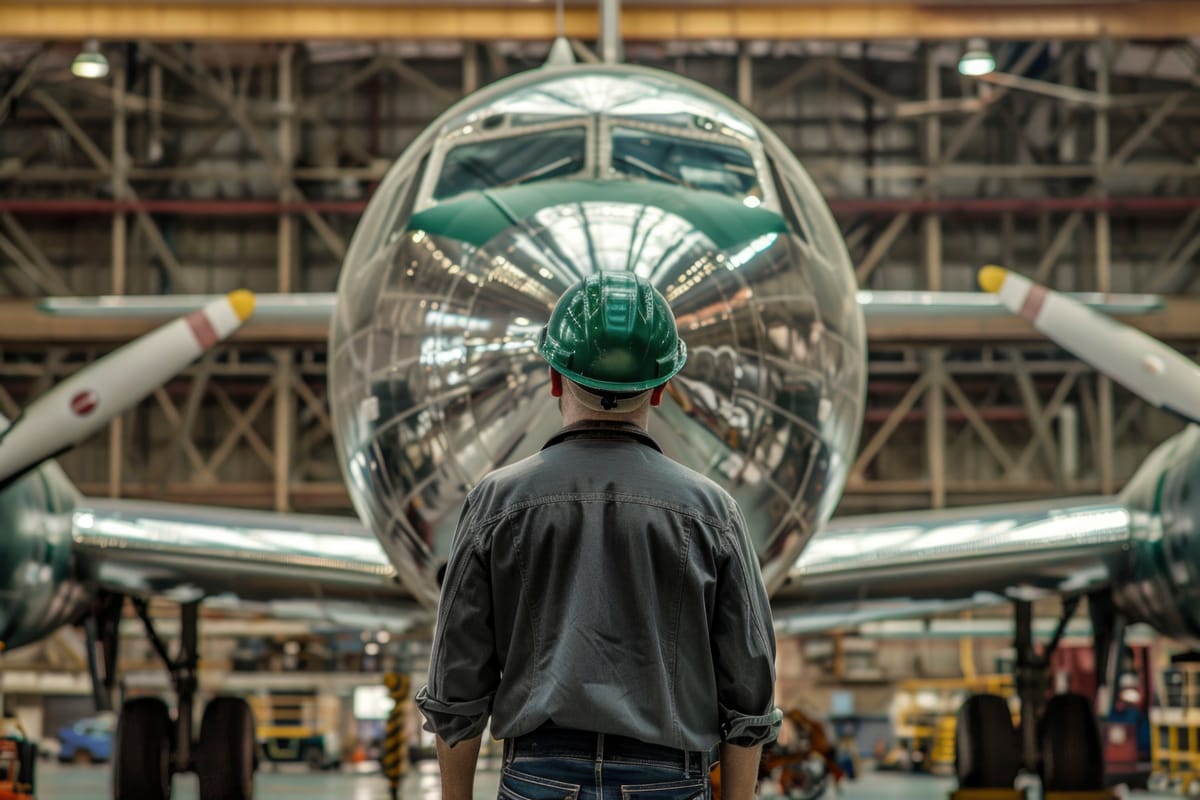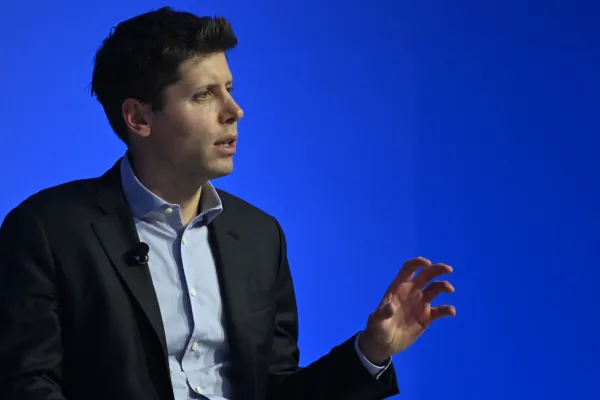1 in 3 Aerospace Leaders Say AI Will Redefine Aircraft Manufacturing by 2035: TCS Study
63% openness to agentic AI in supply chains but only 6% adoption today

WASHINGTON DC | MUMBAI, September 11, 2025: A new study by Tata Consultancy Services (TCS) reveals that one in three aerospace executives believes AI for real-time decision-making will be the biggest driver of change in aircraft manufacturing by 2035.
The Future-Ready Skies Study 2025 surveyed 323 senior aerospace leaders across Europe and North America, spanning manufacturers, MRO providers, AAM companies, and eVTOL developers.
The TCS study highlights both optimism and gaps in aerospace’s digital transformation. While 63% of executives are open to adopting agentic AI for supply chain management, only 6% currently use it. Executives expect just 40% of operations to be fully automated in the next 5–7 years, underscoring a hybrid future where human expertise remains essential.
Momentum is building in other areas. Over half of MRO providers anticipate ROI from advanced technologies within five years, with nearly two-thirds counting on predictive analytics to deliver measurable gains. Meanwhile, 70% of AAM firms are already building commercial platforms, signaling strong industry confidence.
The report also highlights a hybrid future, with executives expecting human involvement in 60% of production processes, even as AI, digital twins, and robotics drive transformation. With the aerospace market projected to surpass $1 trillion by 2030, the findings underscore both momentum and gaps in digital adoption.
“The Future-Ready Skies Study shows that the aerospace industry is at an inflection point where the promise of AI depends on getting the fundamentals right. Change only happens, however, at the speed of trust and that trust begins with data,” said Steve Lucas, Chairman and CEO, Boomi. “Agentic AI can only succeed when it’s built on a strong foundation of connected, reliable data.”
“The aerospace industry has always been one where ambition is matched by precision and safety. Today, ambition is redefined as AI moves from supporting operations to shaping enterprise strategy—advancing passenger experience, safety, and sustainability. At TCS, we see this as a leadership opportunity to help aerospace enterprises build resilient, adaptive ecosystems and shape skies that are bold, transformative, and future-defining,” Anupam Singhal, President, Manufacturing, TCS, said.




